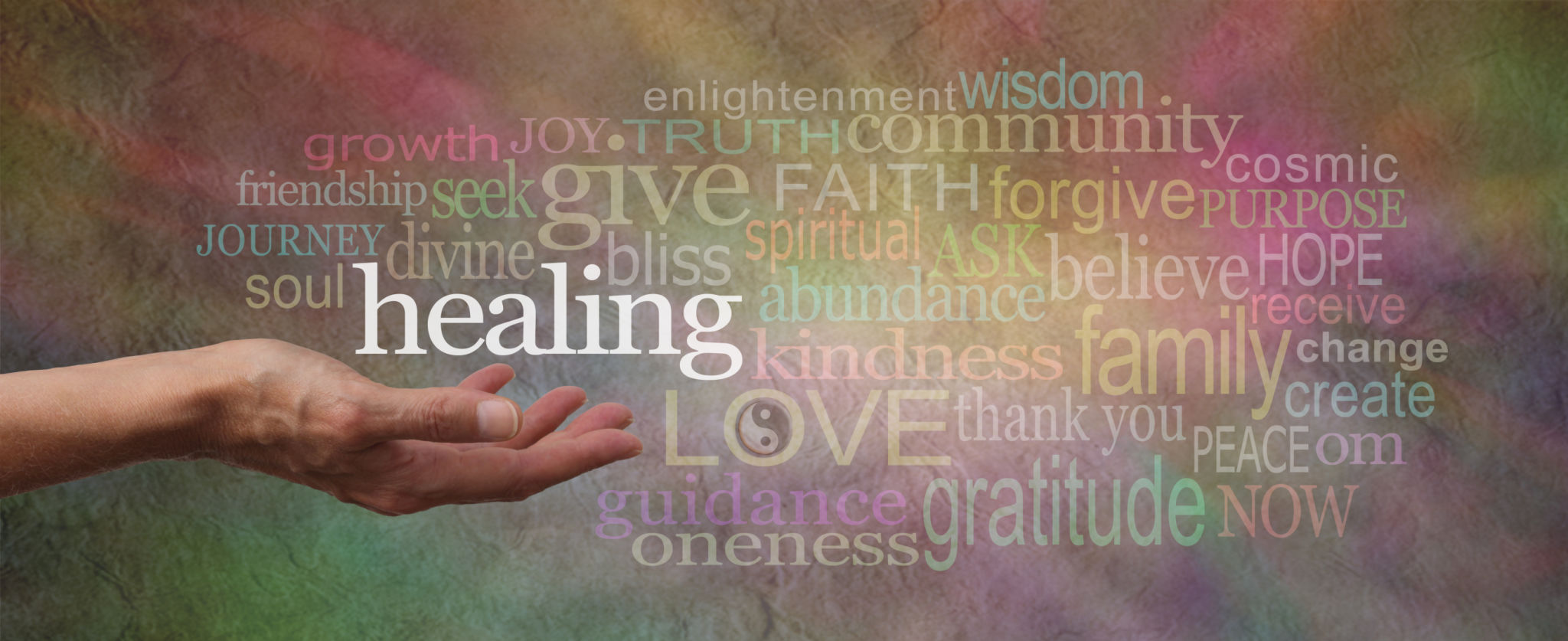Navigating Grief After Divorce | A Path to Healing
NG
Divorce is often described as one of life's most challenging transitions, and the grief that follows is both real and necessary. As a professional coach specializing in grief, I've witnessed countless individuals struggle with the complex emotions that surface when a marriage ends. Understanding that this grief is valid and learning how to navigate it can make the difference between remaining stuck and finding your path forward.

The Hidden Nature of Divorce Grief
Unlike other forms of loss, divorce grief is often misunderstood by others and sometimes even by ourselves. Society tends to focus on the practical aspects of divorce, custody arrangements, financial settlements, and legal proceedings, while overlooking the profound emotional impact. This creates a unique form of disenfranchised grief, where your loss isn't fully recognized or supported by those around you.
The person you're grieving is still alive, which can make the loss feel confusing and complicated. You're mourning not just the relationship, but also the future you had planned together, the shared dreams that will never be realized, and the version of yourself that existed within that partnership.

Understanding the Stages of Divorce Grief
Divorce grief doesn't follow a linear path, but understanding common experiences can help normalize your journey:
Denial and Shock: Even in cases where divorce was anticipated, the finality can feel surreal. You might find yourself expecting your ex-partner to walk through the door or automatically setting two places at the dinner table.
Anger and Resentment: Feelings of betrayal, abandonment, or injustice are common. This anger might be directed at your ex-partner, yourself, the situation, or even well-meaning friends and family members.
Bargaining and "What-If" Thinking: Your mind may race with scenarios about how things could have been different. This stage often involves intense self-reflection and sometimes unrealistic hopes for reconciliation.
Depression and Sadness: The weight of the loss settles in, and you may experience profound sadness, loneliness, or a sense of emptiness. This is often when the reality of your new life becomes most apparent.
Acceptance and Adaptation: Gradually, you begin to envision a future that doesn't include your former partner. This doesn't mean you're "over it," but rather that you're learning to live with the new reality.

Practical Strategies for Healing
Create New Rituals: Divorce disrupts familiar routines and traditions. Intentionally creating new rituals, whether it's a weekly coffee date with a friend or a new morning routine, helps establish stability in your changed circumstances.
Honor Your Feelings: Resist the urge to push through grief quickly. Allow yourself to feel angry, sad, or confused without judgment. These emotions are information about what matters to you and what you need to process.
Seek Support Wisely: Not everyone will understand your experience. Seek out support from those who can hold space for your grief without trying to fix or rush your healing process. Professional counseling or support groups specifically for divorce can be invaluable.
Practice Self-Compassion: Treat yourself with the same kindness you would offer a dear friend going through this experience. Avoid harsh self-criticism about decisions made or the time needed to heal.
Focus on Identity Reconstruction: Divorce often triggers an identity crisis. Use this time to rediscover who you are outside of the marriage. What interests, values, and dreams are uniquely yours?

Moving Forward Without Moving On
Healing from divorce doesn't mean erasing the relationship from your memory or pretending it didn't matter. Instead, it means integrating the experience into your life story in a way that allows you to move forward. The goal isn't to "get over" your divorce but to carry the lessons and growth it provided while building a fulfilling life moving forward.
Remember, seeking professional help isn't a sign of weakness but rather a commitment to your healing and growth. A qualified grief coach or counselor can provide personalized strategies and support as you navigate this challenging but ultimately transformative time.
